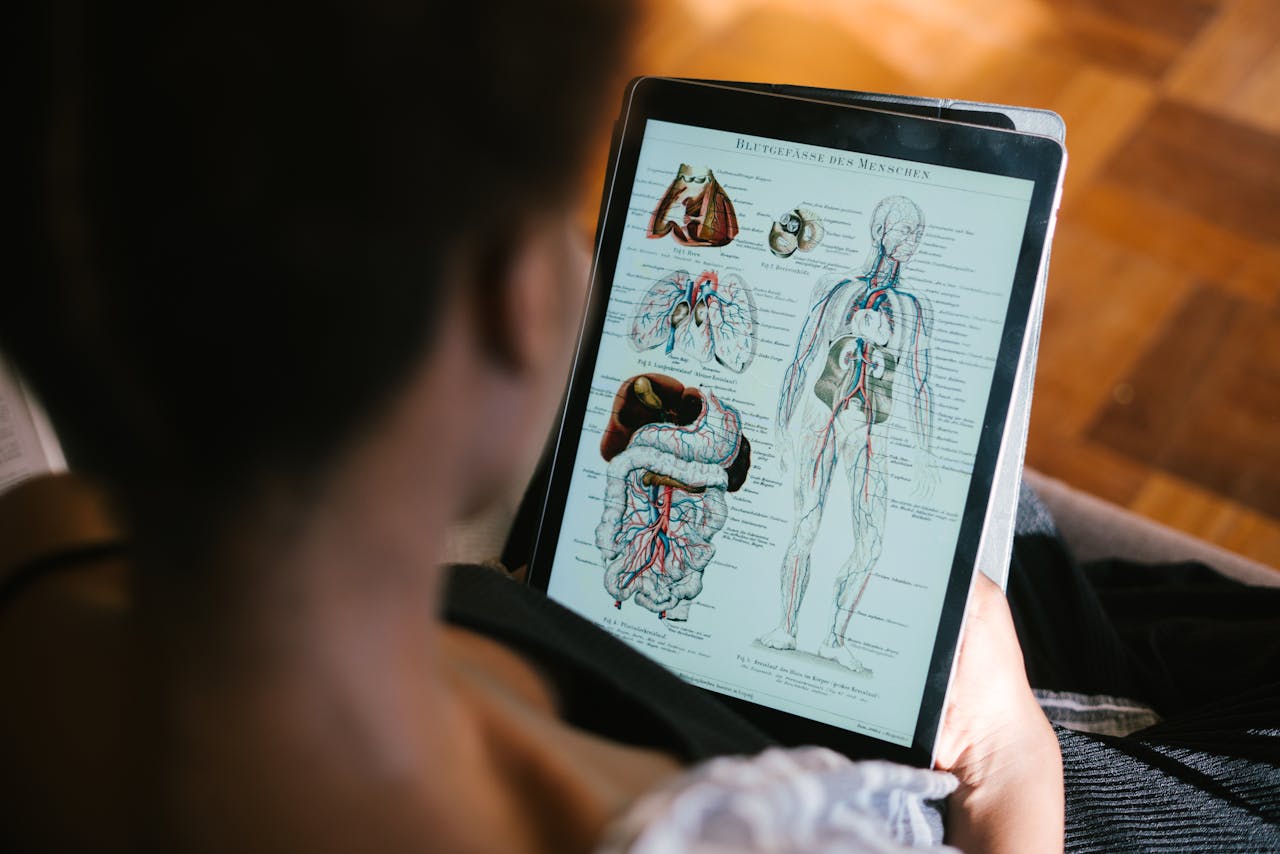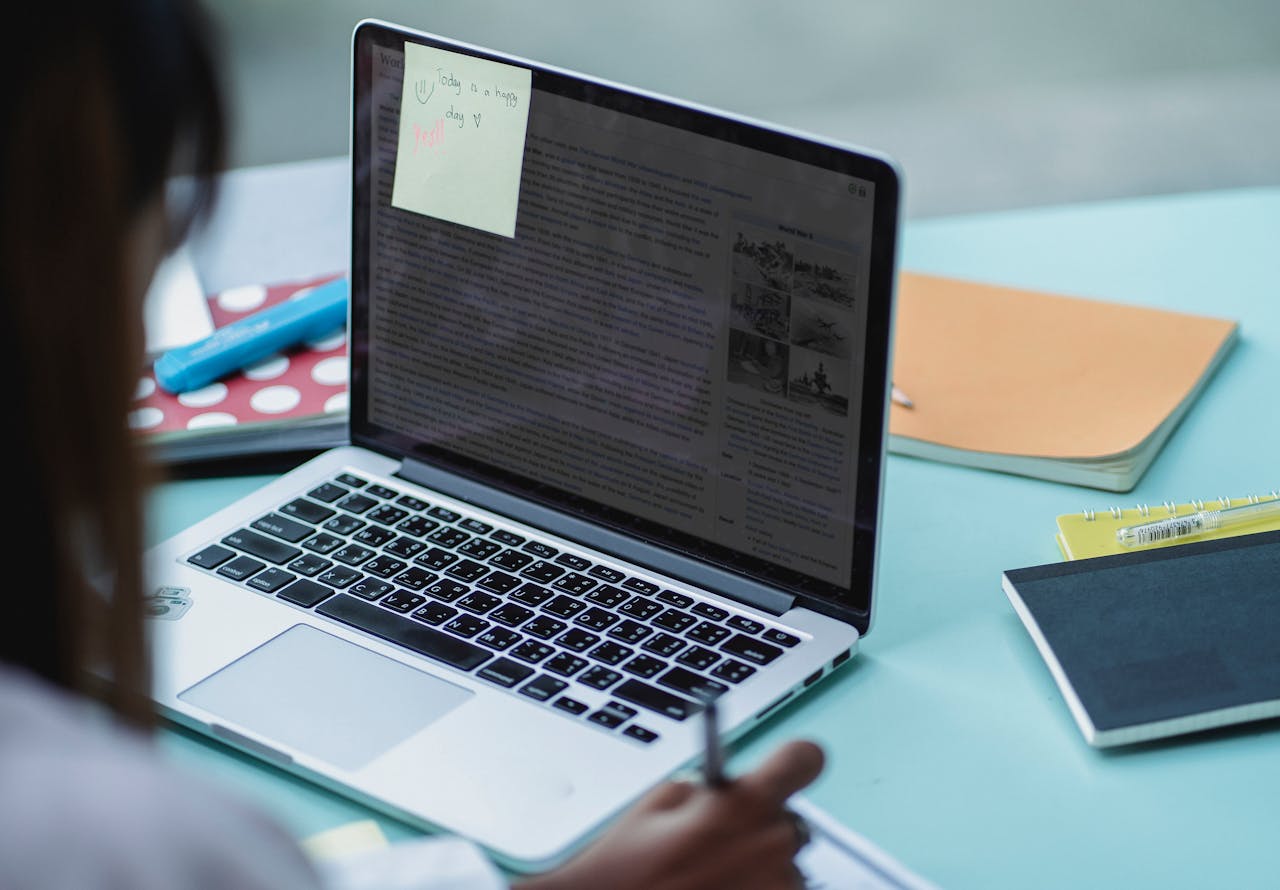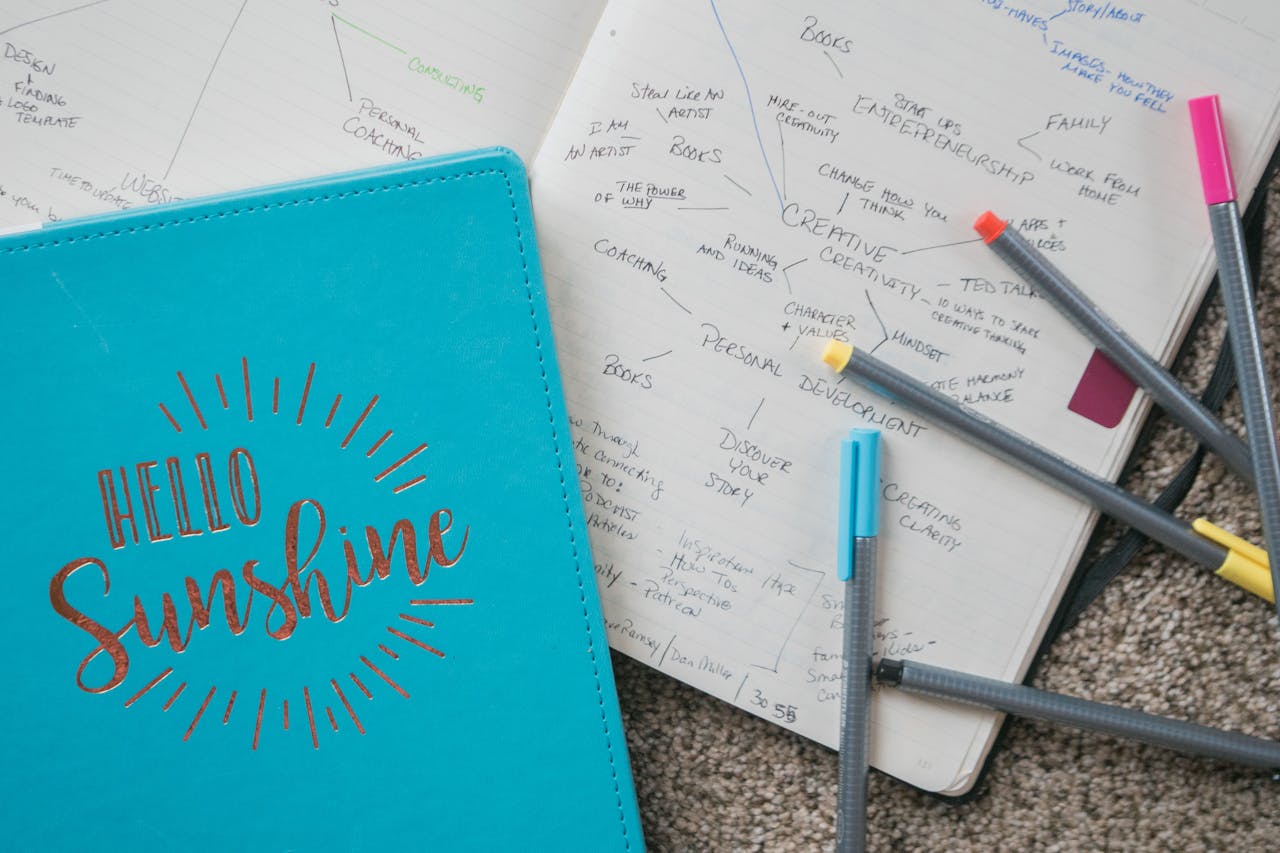Transform Your Study Habits: 10 Techniques for Effective Learning

When it comes to studying effectively, there’s no one-size-fits-all approach. Different techniques work for different people, and understanding how to study effectively can make a world of difference in your learning journey. Whether you’re a high school student prepping for finals, a college student tackling complex subjects, or an adult learner looking to pick up new skills, these ten study techniques can help you optimize your learning process. Let’s dive into these effective strategies for better study habits!
1. The Pomodoro Technique: Time to Focus

If you struggle with distractions or find it hard to maintain concentration for long periods, the Pomodoro Technique might just be your new best friend. This method involves studying for 25 minutes straight, followed by a 5-minute break. After four “Pomodoros,” take a longer break of 15 to 30 minutes.
Why it works: Breaking study sessions into manageable chunks helps prevent burnout and keeps your mind fresh. Plus, knowing you have a break coming up can make it easier to focus during those 25 minutes. Try it out—set a timer and watch your productivity soar!
2. Active Recall: Test Yourself

One of the most effective ways to retain information is through active recall. Instead of passively reading your notes, actively test yourself on the material. Create flashcards with questions on one side and answers on the other, or use apps like Anki that employ spaced repetition.
Why it works: Active recall forces your brain to retrieve information, strengthening your memory pathways. The more you practice retrieving information, the better you’ll remember it when it matters most—like during an exam!
3. Spaced Repetition: Spacing Out Your Study Sessions

Building on the idea of active recall, spaced repetition is all about timing. Instead of cramming all at once, spread your study sessions over days or weeks. For example, study a topic today, review it again in a couple of days, then revisit it a week later.
Why it works: Spacing out your study sessions helps combat the forgetting curve, making it more likely that you’ll retain the information long-term. It’s like giving your brain a chance to strengthen its memory without overwhelming it.
4. Mind Mapping: Visual Learning at Its Best

If you’re a visual learner, mind mapping could be your ticket to effective study sessions. Start with a central idea and branch out with related concepts, creating a web of information. Use colors, images, and symbols to make it visually engaging.
Why it works: Mind maps help organize information in a way that makes it easier to understand and remember. This technique encourages you to see the bigger picture and how concepts interconnect, making your study sessions more holistic.
5. The Feynman Technique: Teach to Learn

The Feynman Technique is based on the principle that you truly understand a concept when you can explain it simply. Pick a topic, write down everything you know about it, and then try to teach it to someone else (or even just to yourself).
Why it works: This method helps identify gaps in your knowledge. If you struggle to explain a concept, you’ll know it’s an area that requires further study. Plus, teaching others reinforces your own understanding and retention.
6. Study Groups: Collaborate for Success

Studying doesn’t have to be a solo endeavor. Joining or forming a study group can be an incredibly effective way to learn. Discussing topics, quizzing each other, and sharing resources can deepen your understanding.
Why it works: Collaborative learning exposes you to different perspectives and explanations, which can clarify complex concepts. It also adds a social element to studying, making it less daunting and more enjoyable.
7. Set Specific Goals: Aim for Success

Before you start studying, set specific, achievable goals for what you want to accomplish during your session. Instead of saying, “I’ll study biology,” try, “I’ll complete chapter three and summarize the key concepts.”
Why it works: Setting clear goals gives your study session direction and purpose. You’re less likely to get distracted when you know exactly what you need to achieve, and crossing items off your to-do list provides a satisfying sense of accomplishment.
8. Change Your Study Environment: A Fresh Perspective

Sometimes, all you need to boost your concentration is a change of scenery. Try studying in different locations—like a library, a coffee shop, or a park—to see where you feel most productive.
Why it works: A new environment can spark creativity and make studying feel less monotonous. Additionally, different settings can help associate specific locations with certain subjects, making it easier to recall information later.
9. Use Mnemonics: Memory Aids to the Rescue

Mnemonics are memory aids that can help you remember information through simple associations. For instance, you might create acronyms, rhymes, or visual images to link concepts together.
Why it works: By creating memorable associations, mnemonics make complex information easier to recall. They can turn a daunting list of facts into something more fun and engaging, improving your retention.
10. Practice Mindfulness: Calm Your Mind

In today’s fast-paced world, it’s easy to feel overwhelmed, especially when juggling multiple subjects and deadlines. Incorporating mindfulness practices—like meditation or deep breathing—into your study routine can help calm your mind and improve focus.
Why it works: Mindfulness can reduce stress and anxiety, leading to better concentration and a more productive study session. By taking a few moments to center yourself, you can approach your studies with a clearer mind and renewed energy.
Final Thoughts

Every learner is different, and the key to effective studying is discovering what techniques resonate with you. Don’t be afraid to experiment with these methods—mix and match them to create a personalized study routine that fits your learning style.
Whether you’re using the Pomodoro Technique to maintain focus, employing active recall to solidify your knowledge, or embracing mindfulness to keep stress at bay, the ultimate goal is to make your study sessions more productive and enjoyable. Happy studying!
Leave a Reply